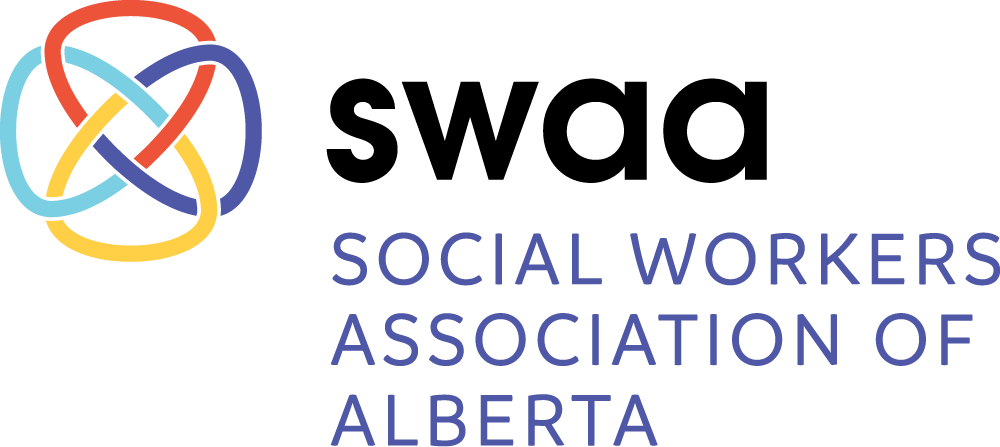International Day for Tolerance
The United Nations Educational, Scientific and Cultural Organization (UNESCO) proclaimed 1995 as the “Year for Tolerance”, as a way to address global tensions worldwide regarding rising political issues surrounding cultural, religious and social differences in society. The following year in 1996, it was decided by the United Nations (UN) General Assembly that moving forward, the International Day of Tolerance would be commemorated and celebrated annually on November 16th.
The International Day for Tolerance is an important day of global observance to self-reflect on what it means to be tolerant of others by fostering a respect and appreciation for the rich diversity of others’ cultures, traditions and ways of thinking. The aspect of tolerance does not mean to passively accept others, but instead encourages us to accept and respect the universal human rights and fundamental freedoms and differences in others, and acknowledge that everybody has a right to their beliefs and practices, no matter how it differs from our own.
This means building societies with respect for human rights and expression where fear, distrust and marginalization of others is replaced by reverence, respect and understanding. It’s also important to understand that tolerance doesn’t necessarily mean that we must agree with others, but simply to respect other’s viewpoints and lifestyles, and understanding what makes others unique without prejudice and discrimination.
Although at the time of writing this post, the United Nations has not released the 2024 theme of this commemorative day, however the common theme remains: “Tolerance is respect, acceptance, and appreciation of the rich diversity of our world's cultures, forms of expression, and ways of being human”.
In a nation like Canada where multiculturalism is embedded into our national identity, tolerance for others can be celebrated and invested in numerous ways including educational programs, activities and conferences prioritizing multiculturalism and inclusion. Governments and institutions can play their part in helping raise awareness and promoting action on issues affecting multiculturalism and inclusion as well.
From a federal standpoint, Canada became the first country in the world to ensure policy in multiculturalism came into legislation when the government passed the Canadian Multiculturalism Act in 1988. This act serves as a legislative framework to promote diversity, equity and inclusion in Canada and recognizes multiculturalism as a key aspect within the Canadian identity. The act’s key objectives include:
-Recognizing and preserving the multicultural heritage of Canadians.
-Promoting the full and equitable participation of individuals and communities of all origins in the continuing evolution and shaping of all aspects of Canadian society.
-Assisting individuals and communities of all origins to eliminate barriers to their participation in Canadian society.
-Assuring that all individuals receive equal treatment and equal protection under the law, while respecting and valuing their diversity.
Unfortunately, it doesn’t take a social work education to understand that despite Canada’s best intentions to embrace it’s diversity adopt the concept of a ‘cultural mosaic’ into its identity, that there will always be those that continue to harass, intimidate and fear others simply based on ignorance and the refusal of look past the differences from one another.
From a social worker perspective on why respecting tolerance is so important, we can turn to the Code of Ethics for more direction. The very first professional core value states ‘Respecting the Dignity and Worth of All People’ which describes the belief that social workers ‘value all people as individually worthy of respect, equality, and freedom. Social workers foster individual well-being, autonomy, justice, and personal and social responsibility, with due consideration for the rights of all people’. This value seeks to respect the dignity and worth of ALL people, not just the privileged few or those that have earned it by some criteria of merit, but for ALL people.
So what can social workers in Alberta and elsewhere do to celebrate International Day of Tolerance?
According to the Twinkl (2024) website, here are 5 different ideas that we can celebrate the International Day for Tolerance:
Promoting Social Harmony: Tolerance helps in reducing societal tensions and misunderstandings by fostering an environment where people from diverse backgrounds can coexist peacefully.
Teaching Respect: Observing this day allows us to emphasize the importance of respecting others' differences and treating everyone with kindness, regardless of their background.
Building a Better Future: In a world where conflicts often arise from intolerance, educating young people about acceptance can contribute to a more peaceful and cooperative future.
Encouraging Global Citizenship: This day encourages children and adults alike to think beyond their immediate environment and to develop a broader, more inclusive view of the world.
Upholding Human Rights: International Day for Tolerance highlights the importance of human rights and freedoms, which are essential for any society that seeks to uphold dignity and equality for all.
I will conclude this day’s article with a quote from renowned English poet Percy Bysshe Shelley, who once stated “It is not a merit to tolerate, but rather a crime to be intolerant”.
Written by MSW practicum student, Erik Yuson.
Resources
Twinkl - International Day for Tolerance
UNESCO - International Day for Tolerance
United Nations - International Day for Tolerance
